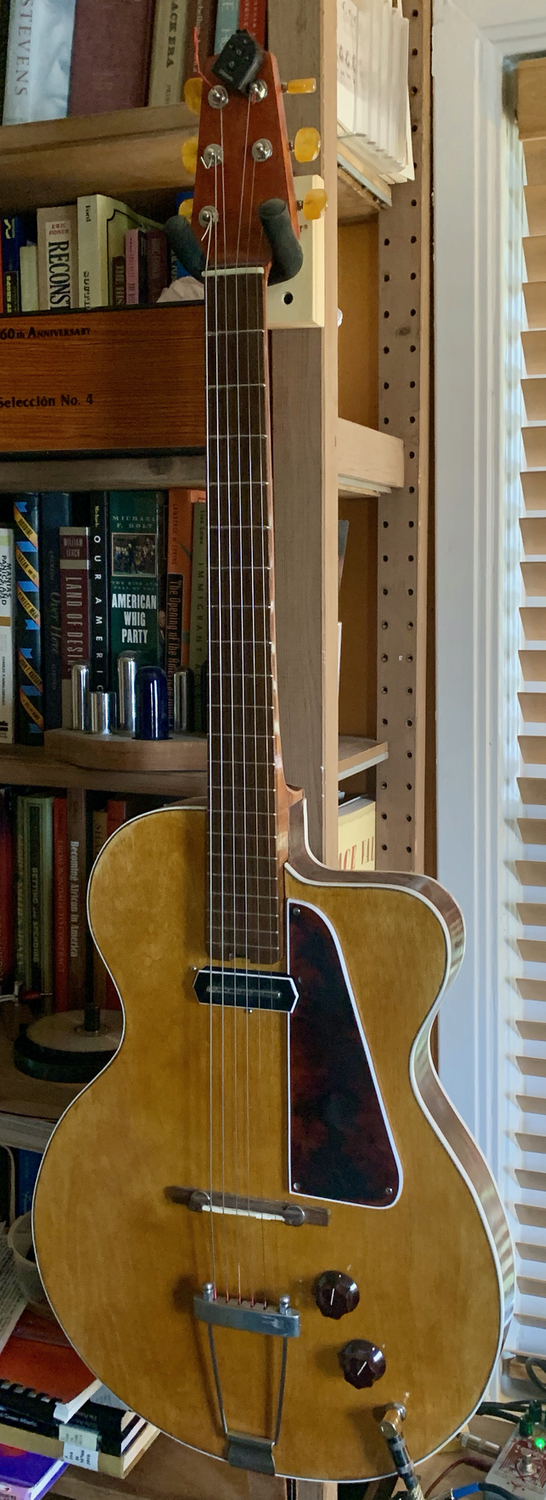cavefish wrote:one thing about humidity , it causes mold, and rust , i would never humidify a room ...
This is only good advice if the room is hermetically sealed. So long as you have enough air flow, mold shouldn't be a problem.
cavefish wrote:... personally if humidity is an issue with flutes , more or less oil swabbing needs to happen ...
I beg to differ, and strongly. Two reasons: First, oil cannot replace lost moisture; moisture is water. They are not interchangeable. Second, while oil might be good for the wood, it can also be useless: my blackwood flutes were already so naturally oily and resinous that they never absorbed any oil; it just sat there. So what good does oiling do in that case? All you do is waste it. But even blackwood loses moisture in arid conditions; lose enough of it, and it can crack. Mine did, and others have the same story to tell. Do you mean to say we're all lying? Suggesting we're making much ado about nothing is irresponsible advice to those who live where seasonal humidity levels vary drastically over the year.
cavefish wrote:... controlling humidity is harder than controlling the item itself,, now temperature is easily controlled
No, controlling humidity isn't that hard, and there are many ways to do it. I live in an old building with dodgy windows, and in the winter dry I am fortunately able to humidify the whole 2-bedroom apartment to a constant 40% RH with just one little ultrasonic unit, and guess what? No mold or rust. But being made in Seattle, my flute still needed -
needed - additional humidification in the case. Without it, the rings fell off. Oiling doesn't fix that. You need humidification. Period. And the proof of it is when the outdoor humidity gets up to better than 55% (I don't air condition except in the bedroom, and even that seldom), the rings are dependably nice and tight because the flute's body has swelled back to its ideal condition. In summer here, no wood instrument owner worries, because the humidity's up to 80% - 90%, easily. If only it could be like that all year...
If you think humidifying is too much work, maybe you should ask yourself if being a steward of instruments is for you.
cavefish wrote:Wood , if its in your house your fine, , a house fits oneself , and it will fit a flute ...
And what does this even mean?
It's been evident for some time that you have and promote a no-need-to-hassle-yourself attitude about instrument care. That's fine if you have the luxury of an ideal environment, and judging by your notions, apparently you must. But like many others, I don't have that luxury, and I have the cracked instruments to prove it. If you do have this apparently ideal environment, then lucky you - but your experiences cannot apply to everyone. If I followed your advice, I'd still have cracked instruments, because your way is exactly the way I went about things until I wised up the hard way. In places like Minnesota, in winter you have to humidify your instruments somehow, or eventually you pay the price. So stop with this "don't worry, be happy" nonsense. Maybe you could learn something about our very real experiences instead.
"If you take music out of this world, you will have nothing but a ball of fire." - Balochi musician
 .
. 